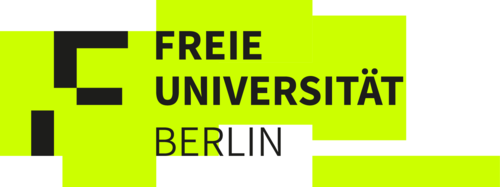Our Research
1. Conceptual Framework
SProcure aims to provide a systematic empirical analysis and a theoretically informed account of strategic public procurement regimes. We begin by addressing the question of what strategic public procurement is and how it is co-constituted with a regulatory regime. We build upon existing public policy analysis to assess social, environmental and innovation goals and research their presence and possible synergies, tensions and trade-offs.
Based on these insights, we conceptualise ideal types and varieties of strategic public procurement regimes. We develop theoretically informed indicators that focus on the fundamental properties of the regime and allow us to understand the existing varieties of procurement regimes across sectors and over time.
Finally, we study the interrelated effects of strategic goals and procurement regimes in terms of politics and power relations. The findings from the strategic procurement regimes and the ideal types become explanatory factors to inform our thinking about the implications of strategic procurement. We theorise durable alterations resulting from policy and regime governance with their medium to long-term effects on the relationships between state and market as an integral –but little-studied–part of the relevant scholarly literature.
2. Case Studies & comparisons
The project’s case selection focuses on Germany and Israel with in-depth studies of procurement in three sectors: health, defense and social protection. The diversity and external validity of our analysis is increased through an analysis of 12 more secondary cases with four countries per the three sectors. While the three primary cases of the three sectors in Israel and Germany will be studied in-depth leading to theory-building, the secondary cases will be used for theory refinement and validation. Additionally, case comparison allows us to elaborate on the theoretical aspects of strategic public procurement and varieties of procurement regimes.
3. Data Collection and Analysis
Our analysis is guided through several data collection methods fed from different sources. We start with the creation of a unified database by developing procurement indicators that capture varieties of regimes and procurement rules. Expert interviews, document analysis, small quasi-experiments comprise of our data-collection strategy which is justified and driven both by the complexity of the analyzed processes and by the scarcity of existing research.


